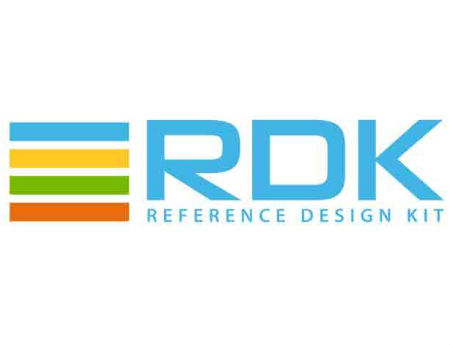RDK To Cling To The Cloud
The smarter way to stay on top of the multichannel video marketplace. Sign up below.
You are now subscribed
Your newsletter sign-up was successful

The Reference Design Kit (RDK) is poised to stick its head a bit further into the cloud.
The RDK, a preintegrated software stack managed by Comcast, Time Warner Cable, and Liberty Global, appears headed in that direction now that ActiveVideo has tossed in its hat as a licensee.
ActiveVideo, now one of about 160 other companies with RDK licenses, has developed a cloud-centric platform for video applications and services, extending an application and service framework that could ride on top of the RDK.
ActiveVideo is already active with MSOs connected to Liberty Global, including Liberty Puerto Rico, UPC Hungary, and Ziggo. Liberty Global has shown some eagerness to implement RDK for the rollout a cloud-based version of its Horizon user interface/navigator. If Liberty Global opts to broaden its relationship with ActiveVideo, it could be in position to offer a uniform UI across new boxes that speak IP as well as older QAM-only boxes.
With a license secured, ActiveVideo’s small (100 kilobyte to 200 kilobyte) software client for set-top boxes will become part of the RDK stack, Sachin Sathaye, ActiveVideo’s vice president of strategy and product management, said. While the addition of the client will help RDK-based devices utilize a cloud-based browser, the license doesn’t cover any of ActiveVideo’s cloud browser intellectual property.
But the presence of the client on the RDK stack could come in handy for MSOs that work with ActiveVideo and are also deploying RDK-based devices. The role of the client is to collect keystrokes and button presses from the remote control, relay them upstream to the headend, where the commands are processed, rendered and delivered back to the set-top as a video stream. In addition to cloud-based interfaces, the architecture can be used to deliver other types of apps, including interactive ads, games and over-the-top video from sources like YouTube.
The advantage of packing that into the cloud is it that it will enable devices (such as an HDMI streaming stick) outfitted with an RDK stack to support media-rich applications, Sathaye said.
The smarter way to stay on top of the multichannel video marketplace. Sign up below.
“You don’t have to worry about putting in more advanced devices because [those advanced services] because it can be served from the cloud,” he added, noting that the approach, which also works with non-RDK devices, aims to “mitigate device obsolescence.”
Comcast and TWC have been testing or deploying ActiveVideo in limited ways, but they have not announced if they will intend to work with ActiveVideo in tandem with their RDK deployments.
But RDK LLC, the group managing the platform, believes that ActiveVideo’s participation will fill in some technology gaps.
“ActiveVideo’s expertise and leadership in advancing cloud rendering of applications fills an important need within the RDK community, as operators seek to capitalize on cloud technologies to create their own user experiences on top of the RDK software stack,” Steve Heeb, president and Comcast exec who is also serving as general manager of RDK LLC, said in a statement.
More than 160 companies, including a mix of set-top makers, silicon and software vendors, have licensed the RDK. According to an RDK official, 15 multichannel video programming distributors have also licensed it, but so far has only identified Comcast, Liberty Global, TWC, and Kabel Deutschland. Others that are also believed to be on board include Rogers Communications of Canada and J:COM, Japan’s largest cable operator.
